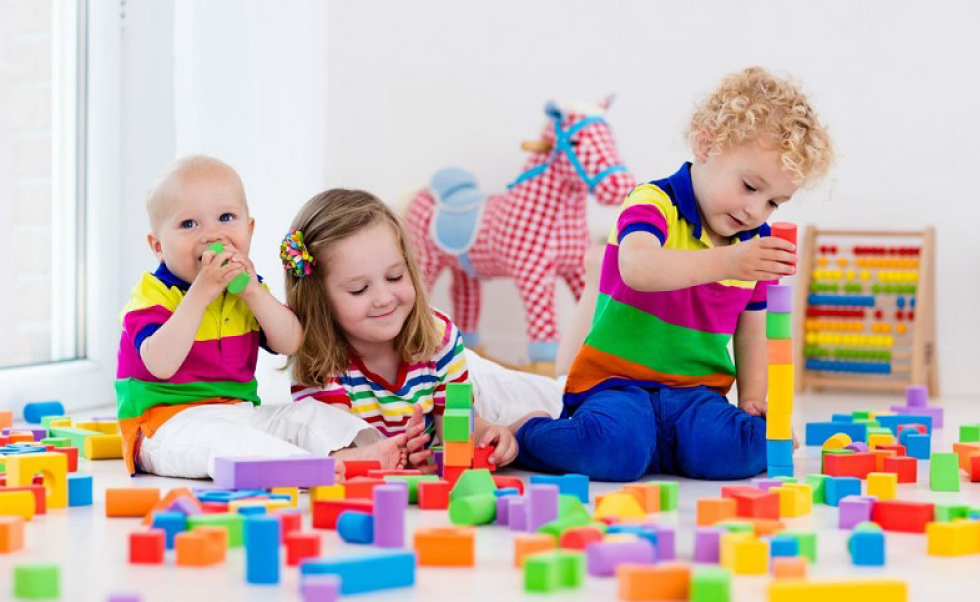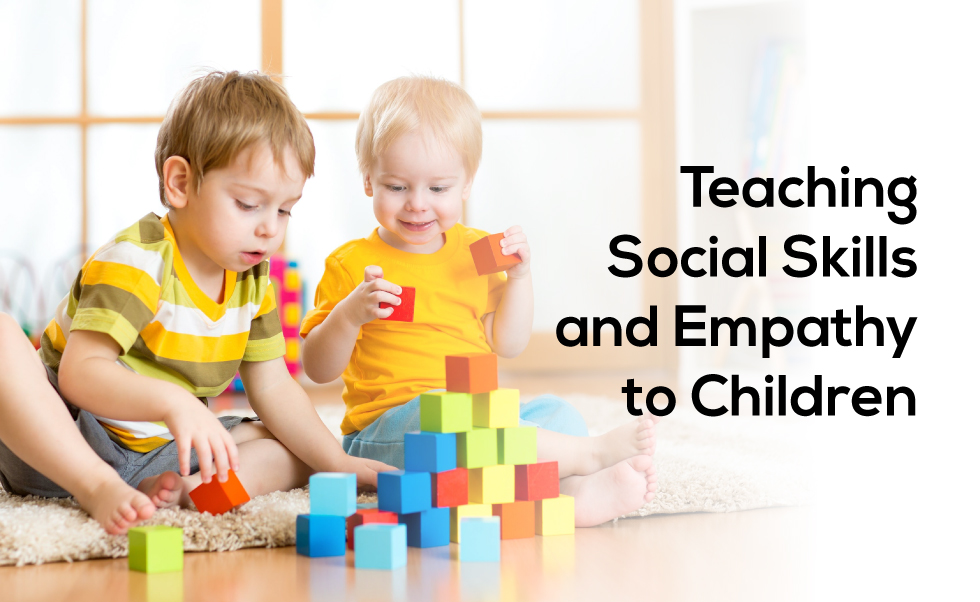As mothers, we strive to equip our children with the skills they need to navigate the world successfully. Among the most crucial abilities we can nurture are social skills and empathy. These qualities enable children to build strong relationships, understand and share the feelings of others, and become compassionate, well-rounded individuals. This blog will explore effective strategies for teaching social skills and empathy, offering valuable insights for current and upcoming mothers.
Understanding Social Skills and Empathy
Before diving into specific strategies, it’s essential to understand what social skills and empathy entail:
- Social Skills: These abilities allow individuals to interact effectively and harmoniously with others. They include communication, cooperation, conflict resolution, and the ability to read social cues.
- Empathy: This is the capacity to understand and share another person’s feelings. It involves recognizing emotions in others, feeling with them, and responding with compassion.
Why Social Skills and Empathy Matter
Social skills and empathy are foundational to a child’s development for several reasons:
- Building Relationships: These skills help children form and maintain healthy relationships with peers, family members, and others.
- Emotional Intelligence: Empathy contributes to emotional intelligence and is linked to success in various life areas, including academics and careers.
- Conflict Resolution: Children with strong social skills and empathy are better equipped to constructively handle conflicts and disagreements.
- Mental Health: Understanding and managing emotions through empathy can improve mental health outcomes.
Strategies for Teaching Social Skills
1. Model Positive Behavior
Children learn a great deal by observing the adults around them. Demonstrate positive social interactions in your everyday life:
- Communicate Effectively: Use polite language, active listening, and clear communication.
- Show Respect and Kindness: Treat others respectfully and kindly, even in challenging situations.
- Handle Conflicts Calmly: Model calm and constructive conflict resolution.
2. Encourage Play and Interaction
Play is a natural and effective way for children to learn social skills:
- Organize Playdates: Arrange regular playdates with other children to provide opportunities for social interaction.
- Encourage Team Activities: Involve your child in team sports or group activities that require cooperation and communication.
- Role-Playing Games: Use role-playing games to practice different social scenarios and appropriate responses.
3. Teach Specific Skills
Sometimes, children need explicit instruction to develop certain social skills:
- Greeting Others: Teach your child how to greet others politely, including making eye contact and using appropriate greetings.
- Taking Turns: Use games and activities that require taking turns to help your child understand the importance of patience and sharing.
- Expressing Feelings: Encourage your child to express their feelings using words, helping them constructively articulate their emotions.
4. Provide Positive Reinforcement
Acknowledge and reward your child’s efforts to use social skills:
- Praise and Encouragement: Offer specific praise when your child demonstrates good social behavior. For example, “I noticed you shared your toy with your friend. That was very kind.”
- Reward Systems: Implement a reward system where your child earns points or stickers for positive social interactions, which can be exchanged for a small reward.
Strategies for Teaching Empathy

1. Discuss Emotions
Help your child understand and recognize emotions in themselves and others:
- Emotion Charts: Use emotion charts with faces showing different emotions to help your child identify how they and others might be feeling.
- Books and Stories: Read books that explore emotions and discuss the characters’ feelings and actions.
2. Practice Perspective-Taking
Encourage your child to see things from others’ perspectives:
- Ask Questions: When discussing a situation, ask questions like, “How do you think they felt when that happened?” or “What would you do if you were in their shoes?”
- Diverse Experiences: Expose your child to diverse experiences and people to broaden their understanding of different perspectives.
3. Encourage Acts of Kindness
Promote empathy through acts of kindness and compassion:
- Volunteering: Involve your child in volunteering activities or simple acts of kindness, like helping a neighbor or donating toys.
- Random Acts of Kindness: Encourage your child to perform random acts of kindness, such as making a card for a friend or sharing a snack.
4. Use Media Wisely
Television, movies, and games can be valuable tools for teaching empathy:
- Discuss Media Content: After watching a show or movie, discuss the characters’ feelings and actions and what your child would have done differently.
- Educational Programs: Choose programs and games to teach empathy and social skills.
Closing Up
Teaching social skills and empathy is an ongoing process that requires patience, consistency, and dedication. By modeling positive behavior, encouraging play and interaction, providing explicit instruction, and promoting acts of kindness, mothers can lay a strong foundation for their children’s social and emotional development. These skills help children navigate their current environments and prepare them for future challenges and relationships, contributing to their overall well-being and success.







